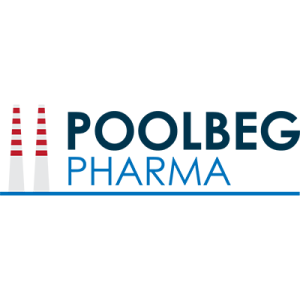The rapid advancement of artificial intelligence (AI) is making significant strides in the pharmaceutical sector. Since its inception, this industry has embraced AI and machine learning, continuing its legacy of innovation. The integration of these technologies is revolutionising various aspects of the field, including drug development, clinical trials, drug repurposing, and precision medicine.
The use of technology in drug discovery, known as computer-aided drug design (CADD), has been foundational in pharmaceutical research for decades. Recent advances in AI and machine learning are enhancing this process by enabling the creation of new chemical structures and predicting interactions with potential drug candidates. This targeted approach not only simplifies the discovery process but also increases the likelihood of successful drug approvals, thereby providing insights for future improvements.
Clinical trials, essential for pharmaceutical and medical device companies, benefit significantly from AI. Historically, these trials faced challenges due to inadequate documentation, crucial for FDA approval. AI now streamlines this process by quickly connecting and organising data, improving efficiency. Additionally, AI has transformed the reach of clinical trials, allowing companies to access diverse demographics and difficult-to-recruit candidates through virtual trials, thereby broadening their geographical scope.
In the realm of drug repurposing, AI accelerates the identification of new uses for existing molecules, a process previously reliant on human intervention. This has proven invaluable, as seen during the COVID-19 pandemic, where AI explored the potential of existing drugs to combat the virus. AI’s ability to facilitate polypharmacology—using multiple drugs to target different pathways—further exemplifies its potential in mapping relationships between genes, diseases, and drugs, potentially leading to groundbreaking pharmaceutical discoveries.
Precision medicine, which involves treatments tailored to an individual’s genomic profile, is another area where AI is making significant contributions. By expediting research on DNA and protein structures, AI transforms what were once ambitious goals into achievable realities. For instance, DNA sequencing can pinpoint specific leukemia variants, enabling personalised and more effective treatments. The speed and accuracy of AI-driven research hold promise for delivering new, affordable drugs and expanding the capabilities of modern medicine.
As the pharmaceutical industry continues to integrate AI, the future of medicine appears increasingly promising. AI’s role in accelerating research and development, improving clinical trials, enabling drug repurposing, and advancing precision medicine highlights its centrality in the ongoing evolution of healthcare.
Poolbeg Pharma plc (LON:POLB) is a clinical stage infectious disease pharmaceutical company, with a novel capital light clinical model which enables us to develop multiple products faster and more cost effectively than the traditional biotech model.



